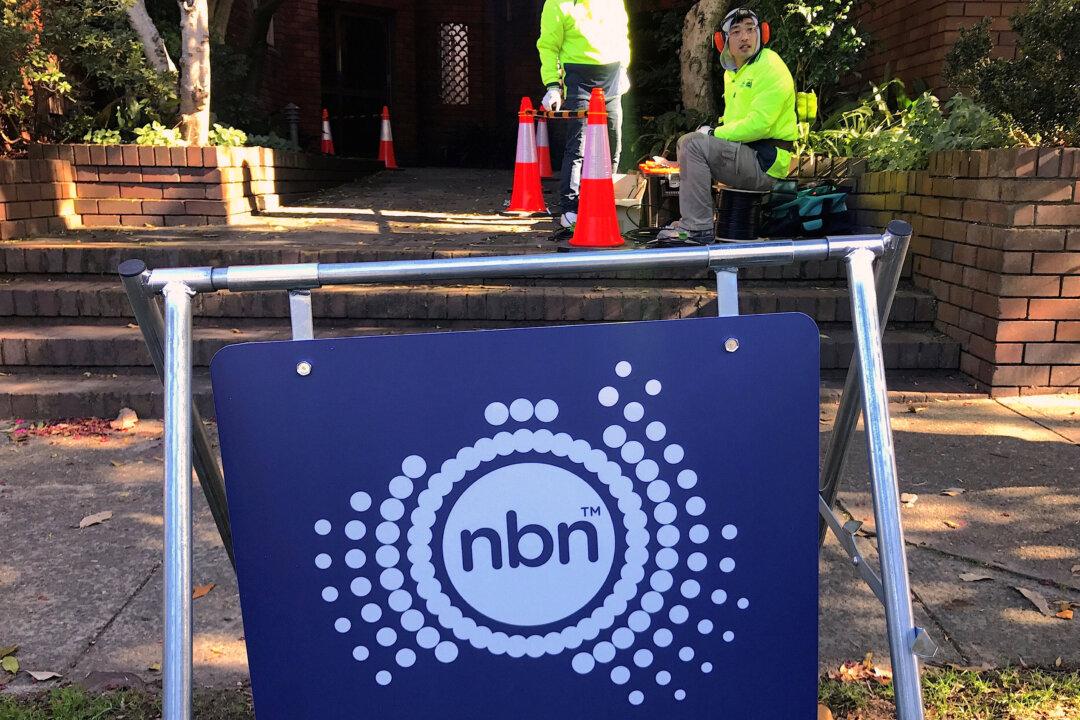Millions of homes and businesses will gain access to ultra-fast internet under a $4.5 billion upgrade to the National Broadband Network (NBN).
At least eight million premises have the potential to receive up to one gigabit per second by 2023.


Millions of homes and businesses will gain access to ultra-fast internet under a $4.5 billion upgrade to the National Broadband Network (NBN).
At least eight million premises have the potential to receive up to one gigabit per second by 2023.